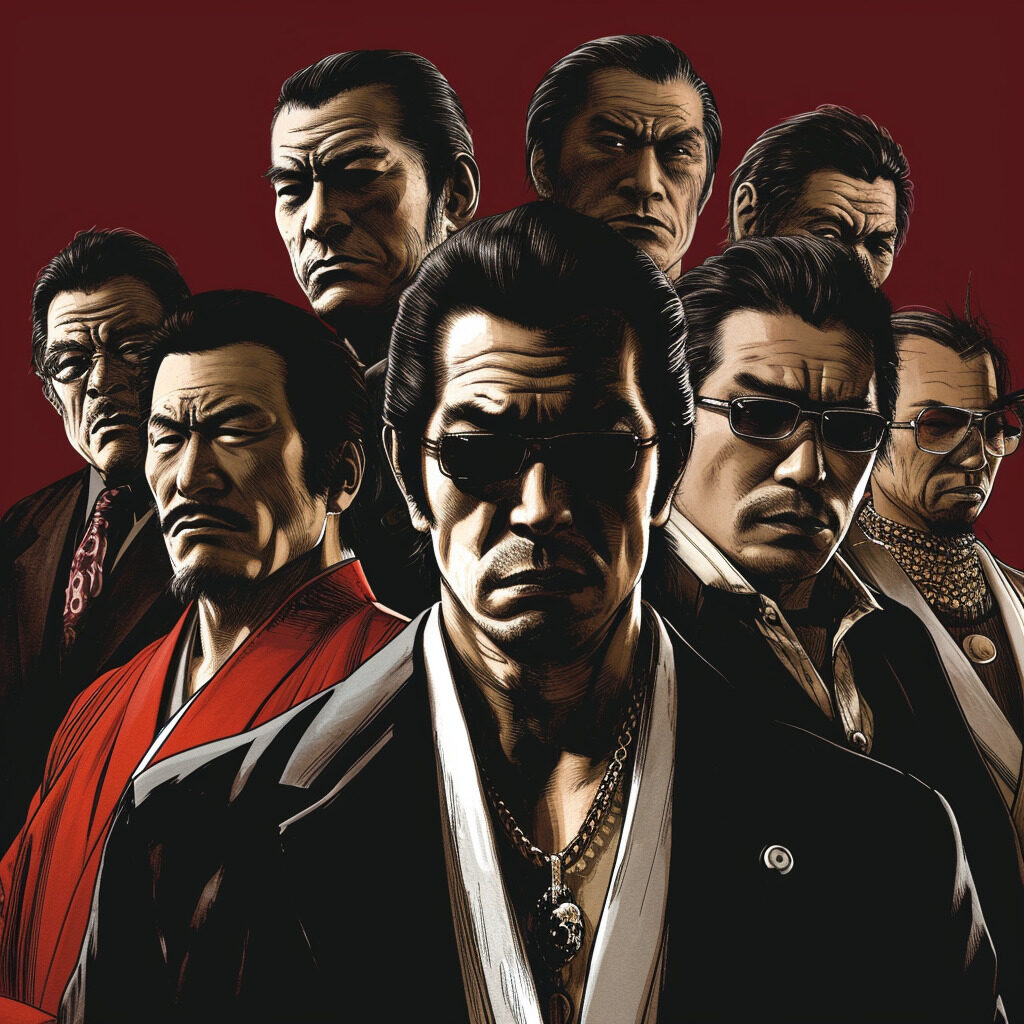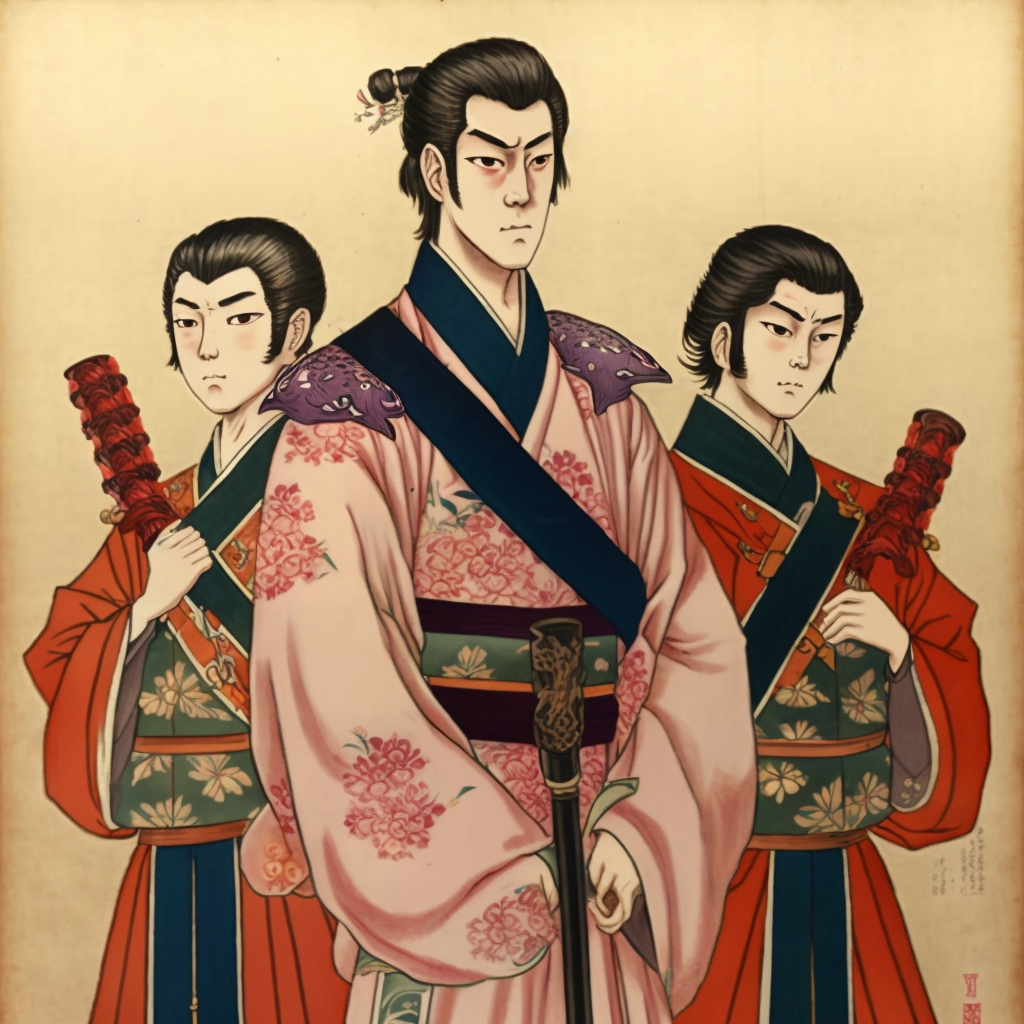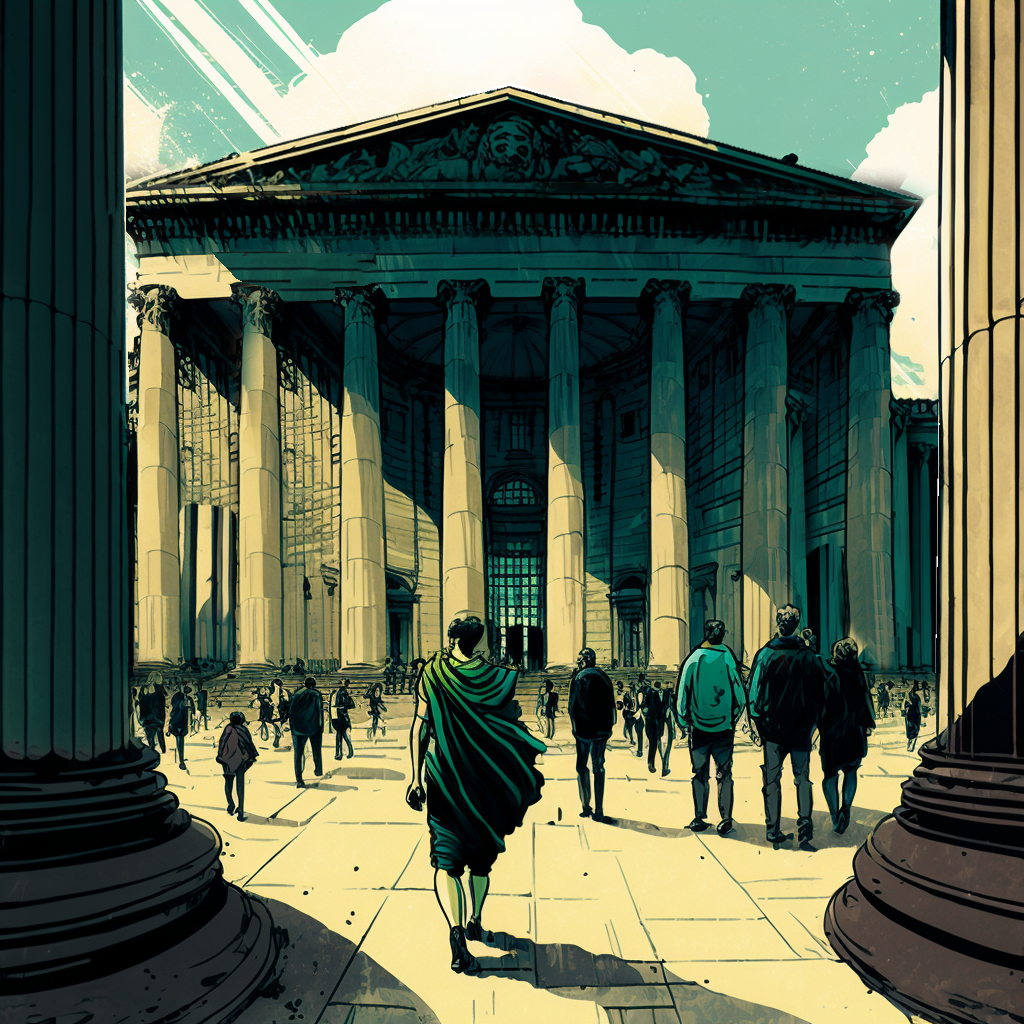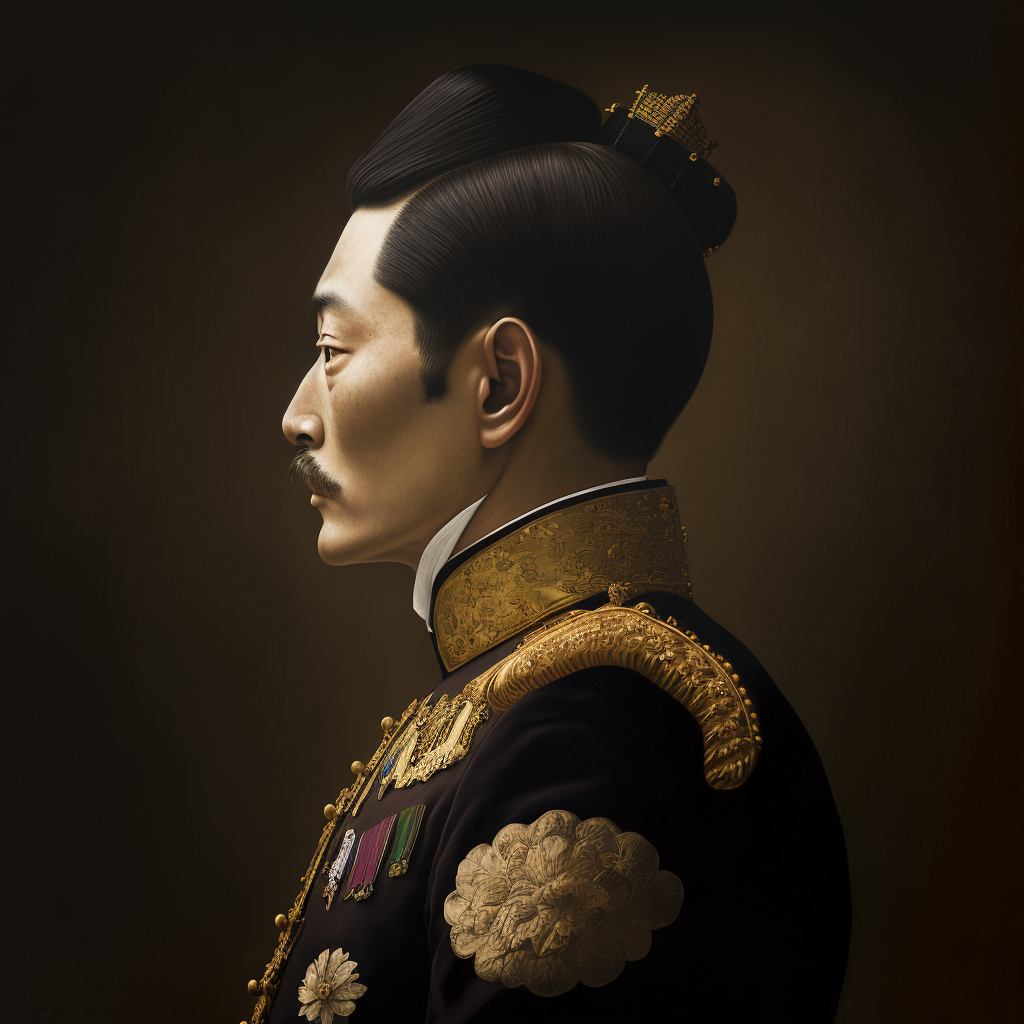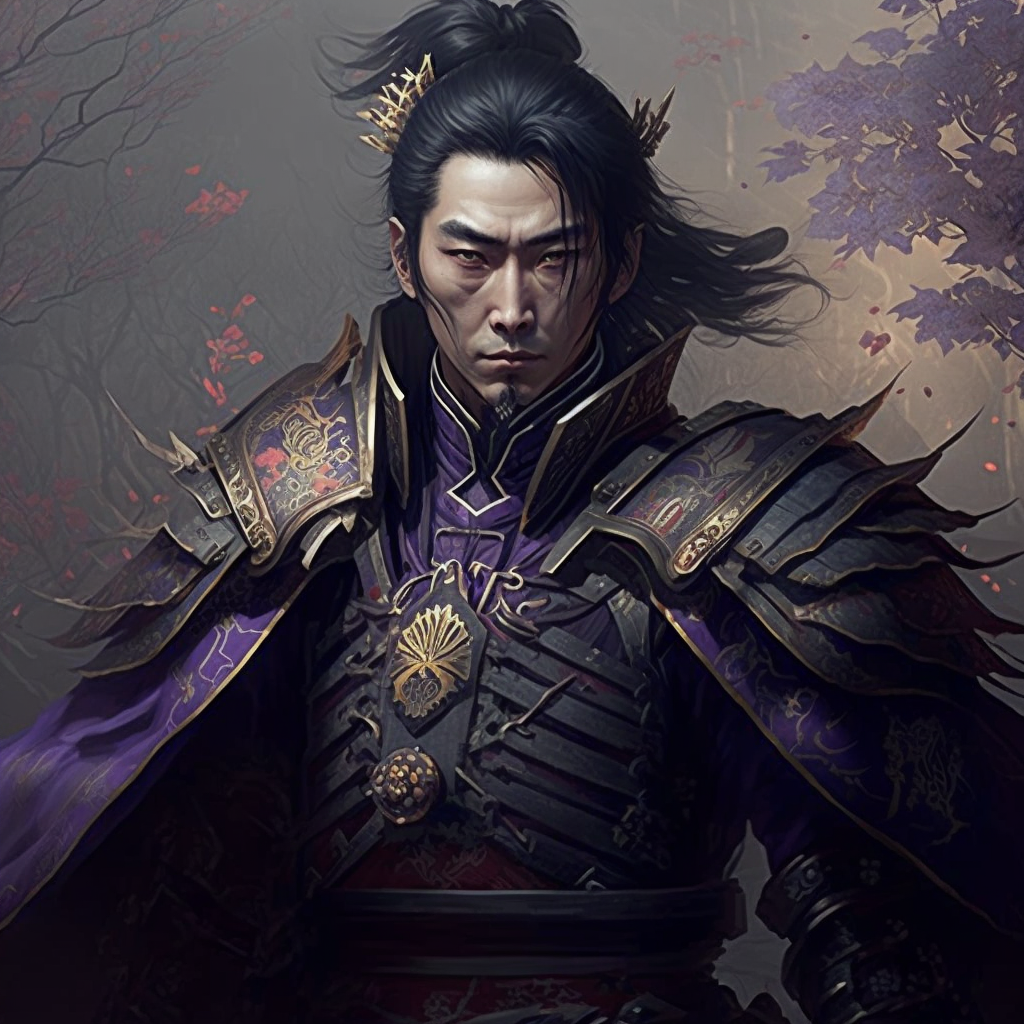The Yakuza, enigmatic figures of the Japanese underworld, have captured the imagination of the entire world. Between mystery, traditions and criminal activities, this article explores the complex world of the Yakuza, revealing the dark aspects of this unique organization.
Origins and History:
The Yakuza, also known as Gokudō in Japan, have deep historical roots dating back to the 17th century. These groups began as social outcasts, but evolved into structured criminal organizations over time. Their complex history is marked by codes of honor, initiation rituals and unwavering loyalty to the group.
-
Organizational Structure:
The Yakuza operates like a secret society with a rigid hierarchy. The clans, called “kumi”, are led by an “oyabun” (godfather) and are made up of members called “kobun”. Each rank has its own responsibilities, and discipline is maintained through strict sanctions.
-
Codes of Honor and Ritual of the Severed Finger:
At the heart of Yakuza culture are codes of honor, such as loyalty to the group, reputation, and respect for elders. The severed finger ritual, or “yubitsume”, is a notorious practice where a member cuts off part of their finger as a sign of penance. Each lost knuckle symbolizes a level of loss of status in society.
-
Criminal Activities:
The Yakuza are often associated with criminal activities such as gambling, drug trafficking, extortion and prostitution. However, over the years, Japanese authorities have intensified their efforts to suppress these activities, leading the Yakuza to adopt more discreet methods.
-
Influence in Society:
Despite their illegal status, the Yakuza have played an ambiguous role in Japanese society. They have sometimes been involved in philanthropic work, supporting social causes, and even served as informal mediators in some neighborhoods. This complex duality contributed to their mystique.
-
Decline and Legal Pressure:
In recent decades, the Yakuza have faced increased pressure from Japanese authorities. Anti-criminal organization laws have been strengthened, leading to a visible decline in their influence. Some clans have been disbanded, and the romantic image that once surrounded the Yakuza has been tarnished.
The main Yakuza clans:
These clans constitute the basic structure of the criminal organization, and each is led by a leader called an “oyabun”. The major Yakuza clans have evolved over time, with frequent alliances and disbandments due to internal conflicts, legal pressures, and other factors. It is important to note that information about Yakuza clans is often opaque and can be subject to frequent change. Some of the most notorious clans include:
-
Yamaguchi-gumi:
- The Yamaguchi-gumi is the largest and most powerful clan in Japan. Founded in 1915, it is based in Kobe. The clan has experienced internal dissension and violent clashes over the years, but it remains a major player in Japan’s criminal world.
-
Sumiyoshi-kai:
- The Sumiyoshi-kai is one of the oldest Yakuza clans, dating back to the post-war period. Based in Tokyo, it is considered Yamaguchi-gumi’s main rival in terms of size and influence.
-
Inagawa-kai:
- Founded in 1949, the Inagawa-kai is the third largest clan in Japan. It has a significant presence in Tokyo and abroad. Despite internal struggles and legal repressions, it continues to be an important player.
-
Kobe Yamaguchi-gumi:
- Formed in 2015 following internal dissension within the Yamaguchi-gumi, the Kobe Yamaguchi-gumi is a splinter group that sought to rival its predecessor. This split led to tensions and clashes in the community.
-
Tokyo Kyokuto-kai:
- Although smaller than the previously mentioned clans, the Tokyo Kyokuto-kai has significant influence in the Tokyo region. He was involved in various criminal activities, including drug trafficking and prostitution.
It is crucial to note that clan structure and dynamics are subject to constant change due to pressure from authorities, internal conflicts, and developments in Japanese society. Specific information about these clans may therefore not always be up to date or accurate.
The Yakuza, with their rich history, complex codes of honor and criminal activities, remain a fascinating enigma. As legal pressure intensifies, their future is uncertain. However, their impact on Japanese culture and their place in global criminal history is undeniable, making them an enigma in their own right in the complex world of organized crime.

